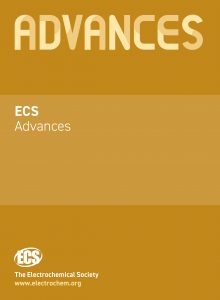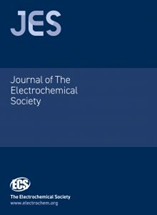 The latest Editors’ Choice article in ECS Advances takes on one of the most pressing challenges in electrochemical energy research: advancing sustainable, high-performance materials for fuel cells. In “Can Hydrocarbon-Based MEAs Close the Performance Gap to State-of-the-Art Perfluorosulfonic Acid-Based MEAs for PEM Fuel Cells?,” Konstantin A. Weber, Carla S. Harzer, Elias Bindl, Kilian Stengl, and Hubert A. Gasteiger present a breakthrough approach that could reshape the future of membrane electrode assemblies (MEAs).
The latest Editors’ Choice article in ECS Advances takes on one of the most pressing challenges in electrochemical energy research: advancing sustainable, high-performance materials for fuel cells. In “Can Hydrocarbon-Based MEAs Close the Performance Gap to State-of-the-Art Perfluorosulfonic Acid-Based MEAs for PEM Fuel Cells?,” Konstantin A. Weber, Carla S. Harzer, Elias Bindl, Kilian Stengl, and Hubert A. Gasteiger present a breakthrough approach that could reshape the future of membrane electrode assemblies (MEAs).
Closing the Gap with Innovation
The research introduces a wet hot-pressing method that enables the fabrication of high-performance hydrocarbon (HC)-based MEAs—an important fluorine-free alternative to conventional perfluorosulfonic acid (PFSA)-based ionomers. Historically, HC-based systems struggled to match the oxygen reduction reaction (ORR) activity and durability of PFSA-based MEAs, largely due to catalyst poisoning and incompatibilities in processing. (more…)


